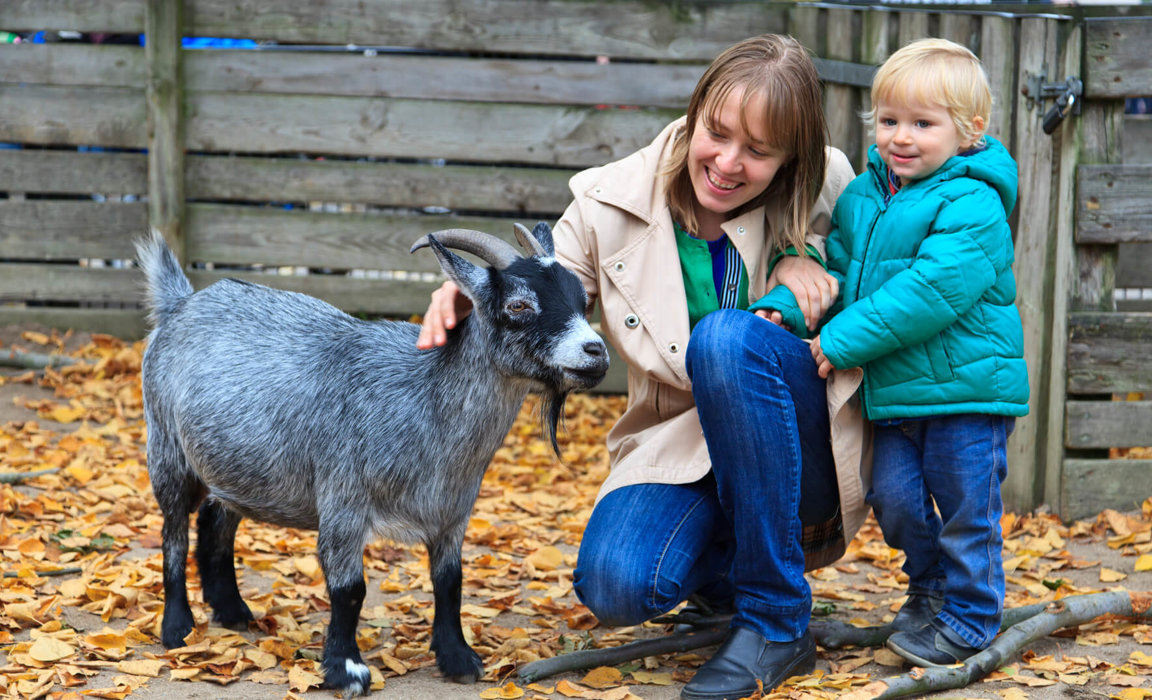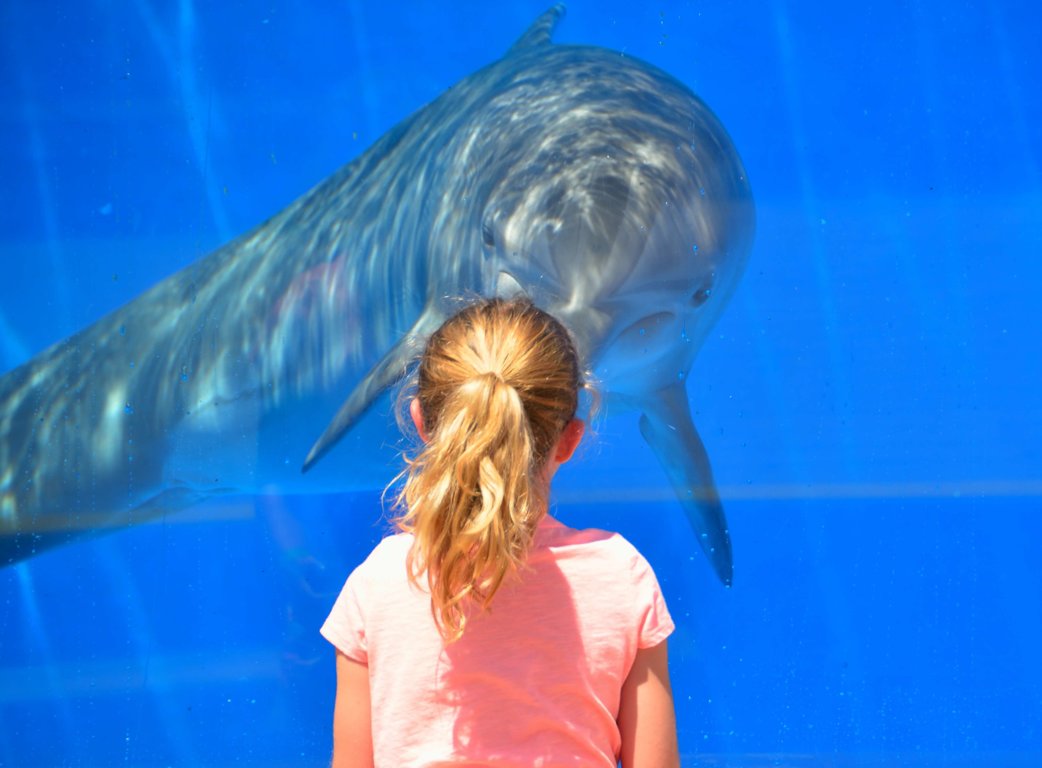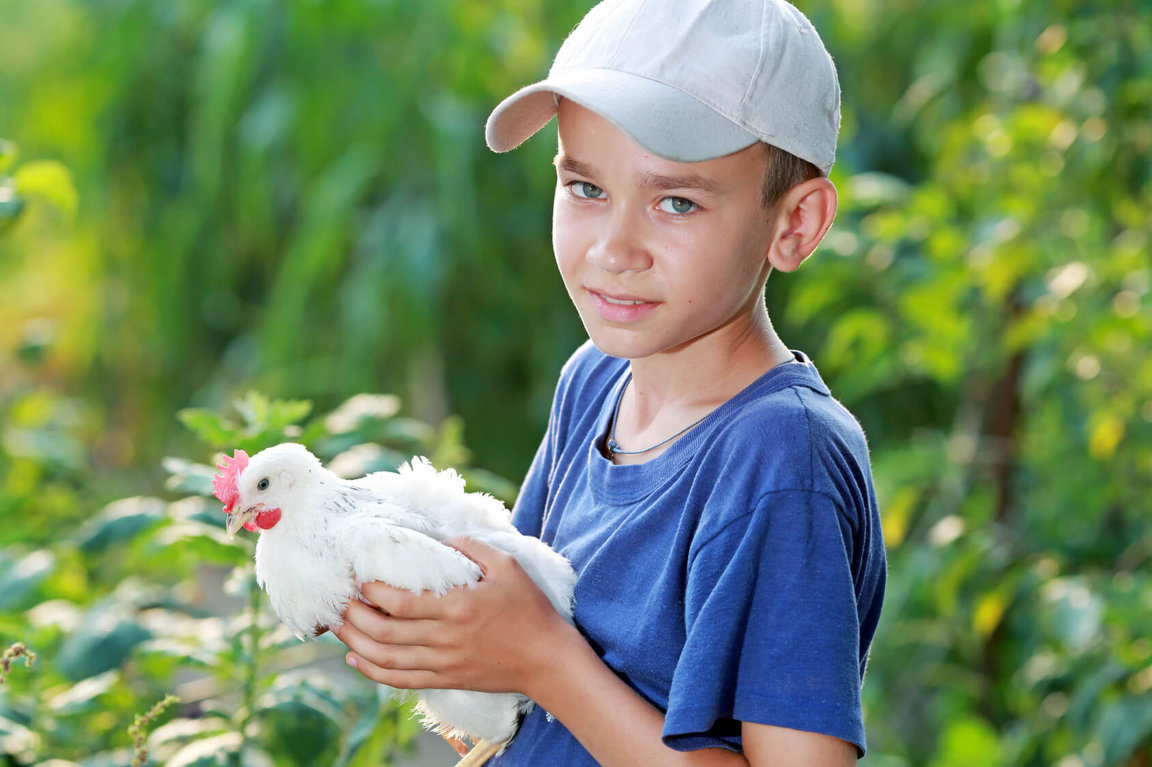
Ethical Choices
Ethics addresses questions of morality, such as what makes our actions right or wrong. Animal ethics focuses upon the constantly evolving way in which society thinks of nonhuman animals. Through our use of animals as goods for food, clothing, entertainment and companionship, animal ethics is something that we all interact with on a daily basis.Environmental ethics is the philosophy that considers extending the traditional boundaries of ethics from solely including humans to including the non-human world. There are many ethical decisions made by humans with respect to the environment.
When we begin to explore our behavior towards animals and the environment, we find that what is presented as acceptable conduct is often inconsistent. While we love and value the nonhuman members of our family, such as the cats and dogs who share our homes, we distance ourselves from the lives of billions of wild animals, farmed animals, animals used in experimentation, animals used for clothing and animals used in the entertainment industry.
Our consumer choices shape our daily lives and it is through them that we have come to regard some animals not as individuals, but in terms of the financial value placed upon them. The distance we maintain between their lives and our own allows our use of their bodies to continue unchallenged. Can this inequality in how we regard other animals ever be truly justified?
 ENVIRONMENTAL ETHICS
ENVIRONMENTAL ETHICS ETHICAL CONSUMERISM
ETHICAL CONSUMERISM ANIMAL ETHICS
ANIMAL ETHICS Animal Ethics In Practice
Animal Ethics In Practice Compassionate Consumerism
Compassionate Consumerism It's Not Just About Welfare
It's Not Just About Welfare How to Save 11,000 Animals
How to Save 11,000 Animals